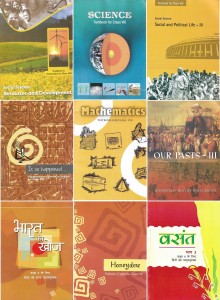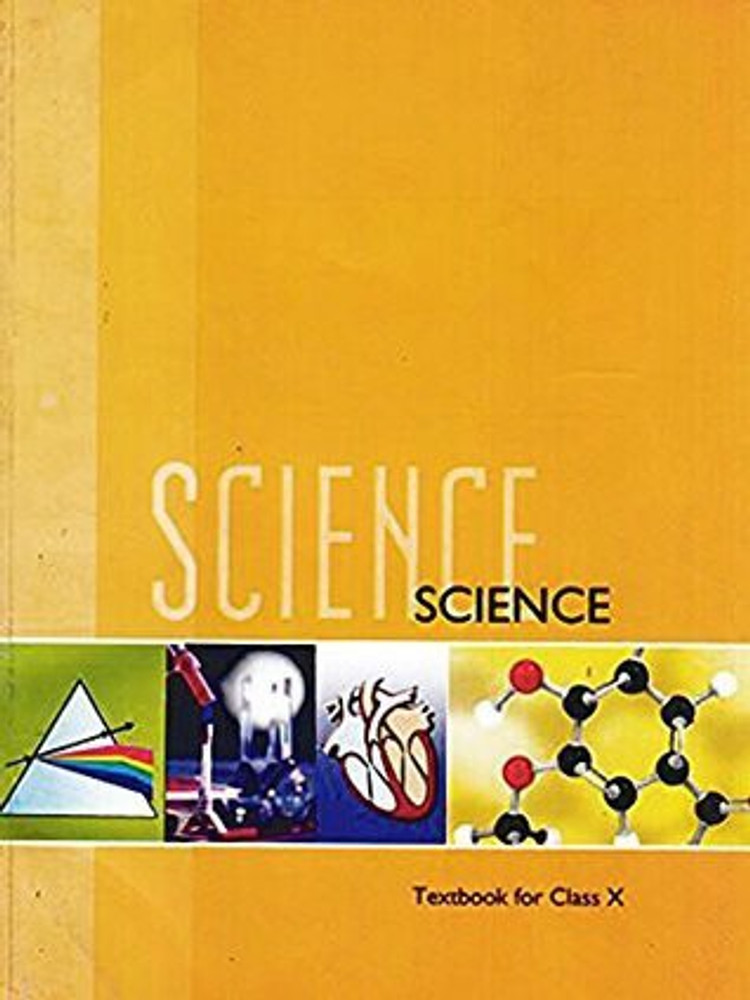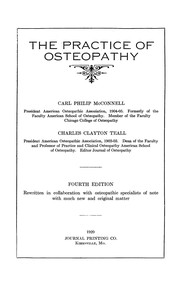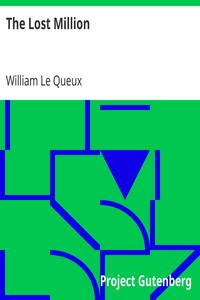YouTube Creators Get New Option to Allow Third-Party AI Firms to Train Models on Their Videos
YouTube announced a new update on Monday that will allow content creators on the platform more control over third-party artificial intelligence (AI) training. The move comes after the video-streaming giant introduced new tools to protect creators from deepfakes that imitate their likenesses, including their faces and voices. The new option will let content creators decide whether they want third-party AI firms to access their videos to train large language models (LLMs) or not.

YouTube announced a new update on Monday that will allow content creators on the platform more control over third-party artificial intelligence (AI) training. The move comes after the video-streaming giant introduced new tools to protect creators from deepfakes that imitate their likenesses, including their faces and voices. The new option will let content creators decide whether or not they want third-party AI firms to access their videos to train large language models (LLMs). They can also grat permission to specific AI companies, while forbidding others from using their videos.
YouTube Lets Creators Decide Which AI Firm Can Train Models Using Their Videos
Companies are now racing to source new data to train AI models while developing LLMs. Now that publicly available data has been exhausted by these AI firms, they are looking at newer ways to find large deposits of high-quality data to train models and make them more capable.
While some AI companies have taken the content-partnership route, it is generally considered expensive to source such data. Another option is synthetic data, which is created by other generative AI models. However, there is a risk that such data can be low-quality, which can negatively impact the growth of newer models.
As such, companies are trying to collaborate with content creators to find new high-quality data to train AI models. For instance, Grok is currently trained on public posts on X (formerly known as Twitter), and Meta AI is trained on public posts on Facebook and Instagram.
YouTube has also become a platform of interest for AI firms, given the large amount of human-created data. With the rise of video generation models, this data becomes even more valuable. However, so far the video-streaming giant has disallowed companies to crawl and scrape videos in an unauthorised way to protect creators.
In a support document, the company announced a new option that will allow content creators on the platform to choose whether they want to let any AI firm access their videos to train LLMs or not. In the next few days, YouTube is planning to roll out an update that will add a new option in Studio Settings under the “Third-party training” section.
There, creators can choose to allow specific AI companies to scrape their videos. The list of companies currently includes AI21 Labs, Adobe, Amazon, Anthropic, Apple, ByteDance, Cohere, IBM, Meta, Microsoft, Nvidia, OpenAI, Perplexity, Pika Labs, Runway, Stability AI, and xAI. Notably, creators can also access their videos to all the AI companies by picking the relevant option.
YouTube highlights that only those videos will be eligible for AI training that are allowed by the creators as well as applicable rights holders. Additionally, the company's terms of service still apply, meaning AI firms cannot illegitimately scrape videos from the platform.
This new option does not include any mention of compensation from AI firms to the creators for using their videos. However, YouTube highlighted that it will continue to facilitate new forms of collaboration between creators and third-party companies.












)



























































